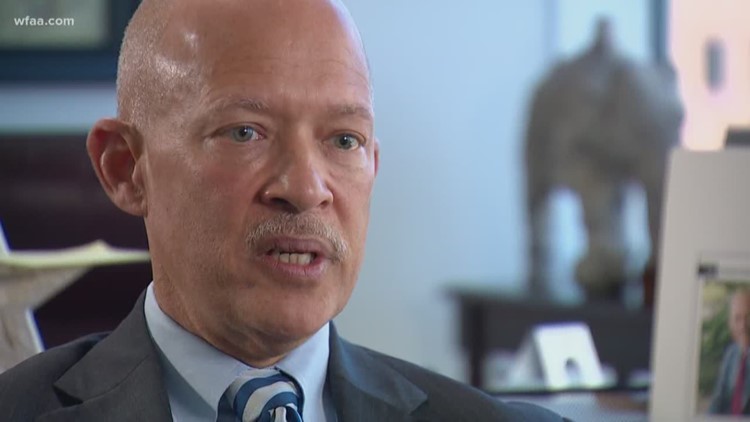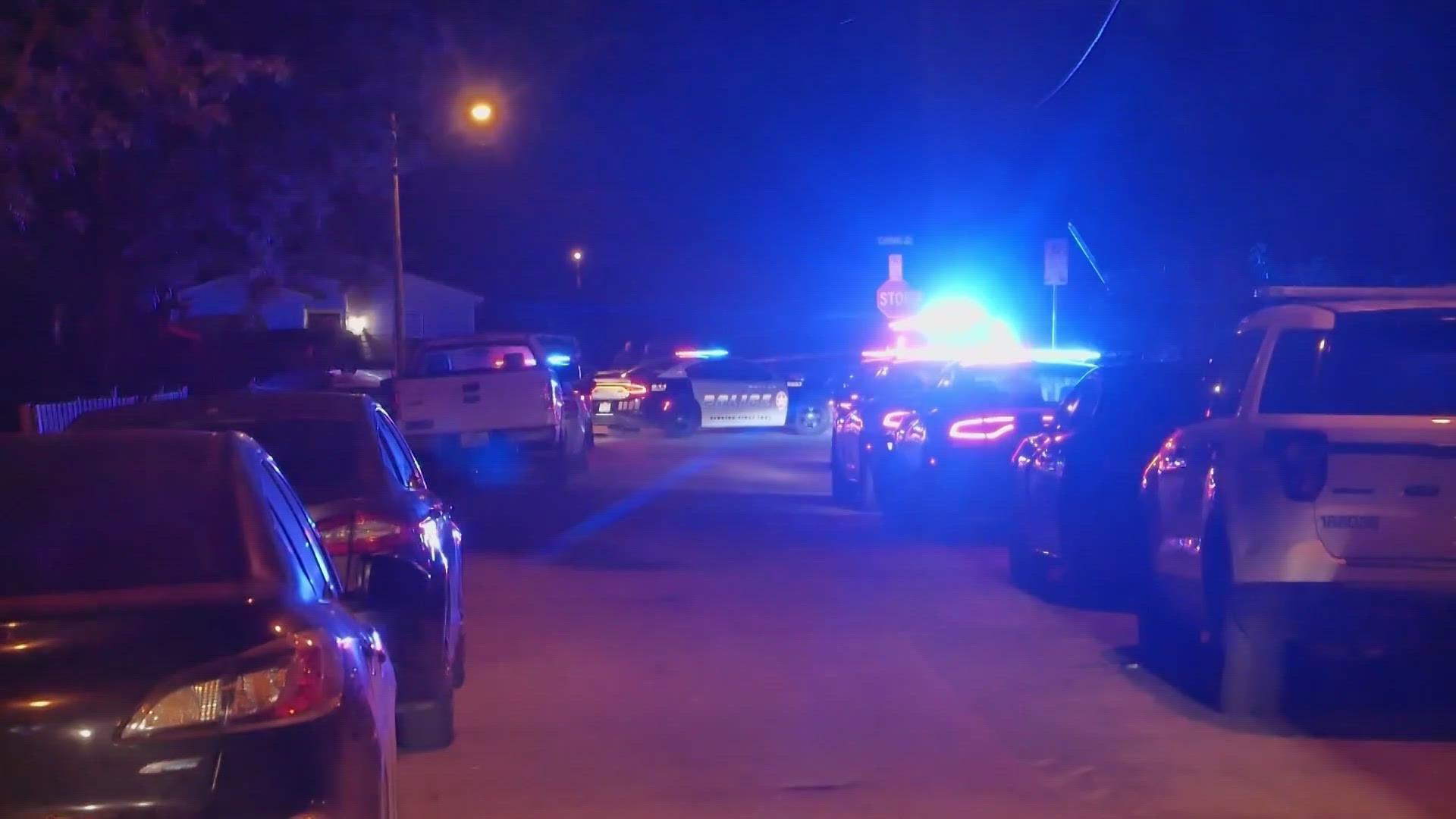Texas Republican leaders on Thursday urged state district and county attorneys to continue enforcing marijuana laws, a move that follows several local prosecutors' decision to drop pot possession cases amid confusion surrounding a new law legalizing hemp.
The letter sent by Gov. Greg Abbott together with Lt. Gov. Dan Patrick, House Speaker Dennis Bonnen and Texas Attorney General Ken Paxton pushes back against prosecutors in Texas' biggest, liberal cities several weeks after they announced they would no longer accept misdemeanor marijuana cases due to the law's problems.
The Texas leaders told prosecutors those who stopped taking marijuana possession cases misunderstood the new legislation.
"Failing to enforce marijuana laws cannot be blamed on legislation that did not decriminalize marijuana in Texas," the letter said.
That new law provides a specific definition of marijuana, based on its percentage of THC, the compound that gets users high. It has caused problems for authorities as most crime labs around the state can't do the testing to tell the difference between hemp and pot.
But late Thursday afternoon, Dallas County District Attorney John Creuzot issued a statement assuring the governor that his office understood the "clearly written bill."
"HB 1325 was not confusing to the Dallas County Criminal District Attorney’s Office," read the statement. "We thank Governor Greg Abbott for taking the time and effort to clarify what he obviously thought, and we agree, was a clearly written bill at the time he signed it into law."
Before the new law, Texas authorities only needed to show that THC was present, not an exact percentage of the chemical, to prove it was pot. Officials have said the problem will likely cost millions of dollars and take months to fix.
But Republican leaders argued lab tests are not required in every case and are more affordable than initial reports indicated. They also told the prosecutors they have "more tools now, not less, because you can prosecute a misdemeanor for failure to have a proper hemp certificate."
In his statement, Creuzot said for more than 10 years the Dallas County Criminal District Attorney's Office has required a lab analysis before a grand jury is presented a drug case.
"This policy protects innocent people from being wrongfully convicted," he said.
"After the recent change in law (HB 1325) the most notable difference between the unlawful possession of marijuana and the lawful possession of hemp is the concentration of THC present in the substance," the statement continued. "The concentration of THC is a statutory element of an offense that we must prove to establish a person’s guilt. Our office will not charge a person with a marijuana offense without a laboratory report stating that the substance has an illegal concentration of THC."
Travis County District Attorney Margaret Moore said Texas has "added an additional element that the state's going to have to prove to establish possession or delivery of marijuana and we're in the midst of a process to figure out how in the heck we're going to be able to do that."
Moore said the best way to prove a substance has a higher concentration is through lab reports and neither lab at the Austin Police Department or the Department of Public Safety has the ability to determine the concentration of THC.
The Travis County District Attorney's Office in Austin has dismissed a total of 46 felony cases involving possession or delivery of marijuana or THC due to the new law.
After the 2018 federal Farm Bill made hemp legal in the U.S., many states, including Texas, passed legislation allowing farmers to get into the hemp-growing business.
Abbott and other Republican leaders in Texas have refused to consider relaxing virtually any of the state's pot laws, even as marijuana becomes increasingly legal nationwide. In April, Patrick declared a bill to reduce penalties for small amounts of marijuana 'dead,' calling it a "step toward legalization" that he would not allow.
More WFAA reports:
- Texas woman pleads guilty in shooting deaths of 2 daughters
- Denton mom says it's time for anti-discrimination ordinance to protect LGBTQ rights
- Former Dallas FBI corruption agent sidelined by stroke now relies on unlikely friendship
- Aunt lied for 19 hours keeping police from finding her 18-month-old nephew 'potentially alive,' warrant says
- High-ranking Dallas officer under criminal investigation
- Former Mesquite officer thought he was 'out there alone' when he shot unarmed man twice



